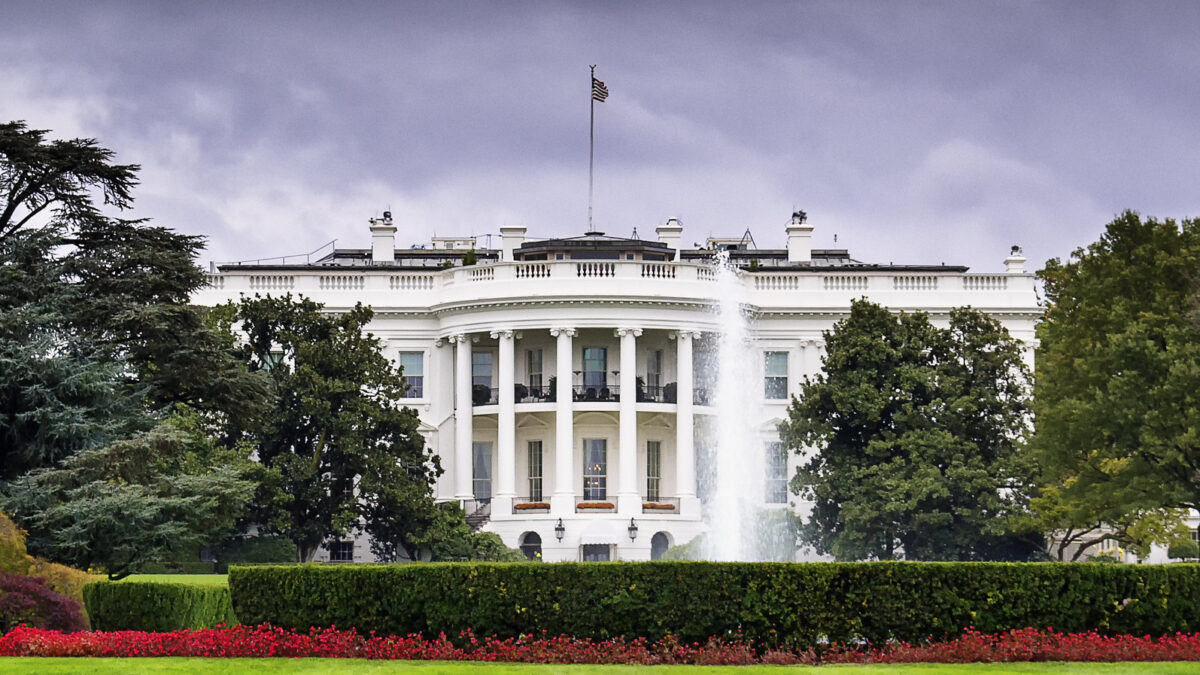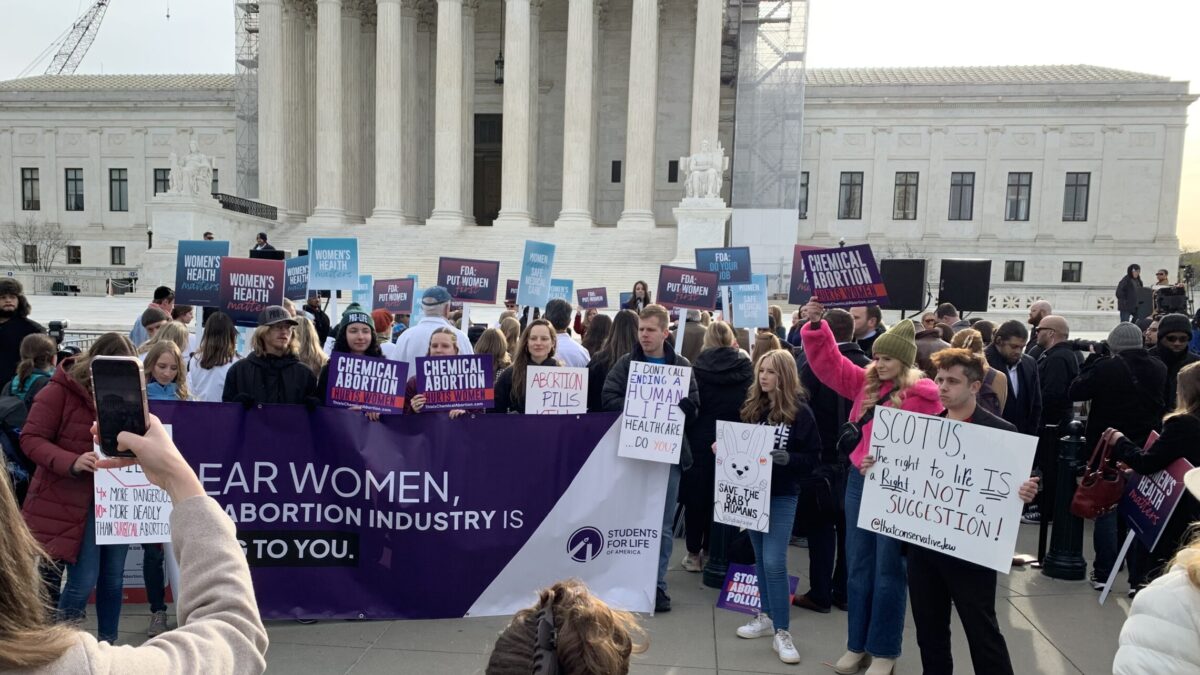The Supreme Court ruled in favor of a Texas law that protects babies who have a detectable heartbeat from being aborted in the Lone Star State.
In a 5-4 decision, the highest court in the nation declined to block Texas’ newest abortion law despite protests from Planned Parenthood, other abortion activists, and even journalists.
Radical pro-abortion facilities and activists first brought an emergency petition to the Supreme Court with the hopes that the justices would at least temporarily block the law from going into effect on Sept. 1. The court passed on acting on the petition on Aug. 31, meaning the law, which gives private citizens the power to file civil suits against anyone who performs abortions after six weeks or assists a woman in obtaining an abortion, went into effect on Wednesday. Violators of the law could be forced to pay $10,000 to the plaintiff.
Chief Justice John Roberts and the court’s three leftist justices, Stephen Breyer, Sonia Sotomayor, and Elena Kagan, each wrote a dissent lamenting the final decision to oppose a block on the law.
“Presented with an application to enjoin a flagrantly unconstitutional law engineered to prohibit women from exercising their constitutional rights and evade judicial scrutiny, a majority of Justices have opted to bury their heads in the sand,” Sotomayor wrote. “The Court’s failure to act rewards tactics designed to avoid judicial review and inflicts significant harm on the applicants and on women seeking abortions in Texas.”
In the majority opinion, the rest of the court argued that the request for a temporary stay did not meet the qualifications necessary to get judicial relief.
“The applicants … have raised serious questions regarding the constitutionality of the Texas law at issue. But their application also presents complex and novel antecedent procedural questions on which they have not carried their burden,” the opinion stated. “In reaching this conclusion, we stress that we do not purport to resolve definitively any jurisdictional or substantive claim in the applicants’ lawsuit.”
https://twitter.com/KevinDaleyDC/status/1433280400529367042?s=20








